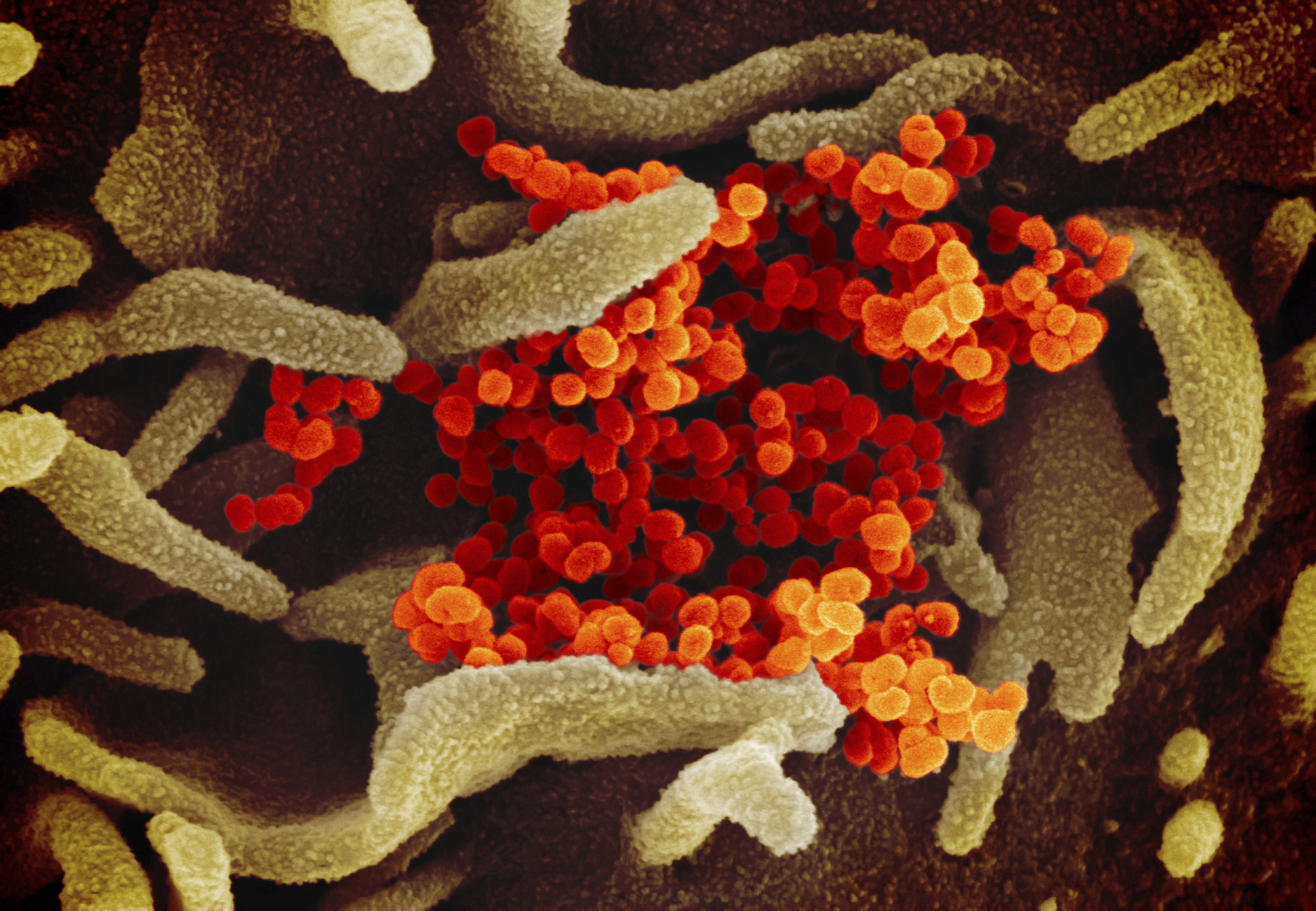As the coronavirus outbreak grows in scale and scope, a nasty side effect spreads: discrimination. Inside China, people from Wuhan have been treated like lepers. Outside, we're seeing numerous reports of verbal and physical abuse aimed at ethnic Chinese, and an aversion to Chinese restaurants and other places associated with the country.
Sadly, this is nothing new: Past outbreaks have often gone hand in hand with ugly prejudice, with various ethnic or racial groups blamed for the disease. But this behavior, however commonplace in the past, has always backfired for the most obvious of reasons: Diseases don't discriminate. Indeed, a pathogen like the coronavirus is the ultimate reminder of our shared humanity.
Consider the gold standard of pandemics: the bubonic plague, better known as the Black Death. It came roaring into Europe in 1348 and managed to kill off a quarter of the population within a few short years. As the death toll soared, many self-professed Christians looked for an explanation — and a way to put an end to the epidemic.

















With your current subscription plan you can comment on stories. However, before writing your first comment, please create a display name in the Profile section of your subscriber account page.